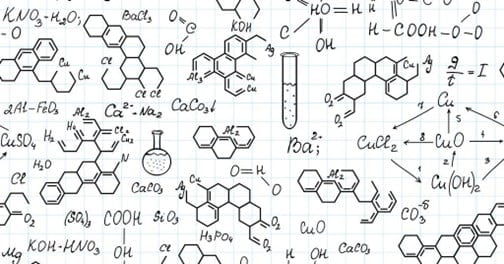Image source: RSC Education. Synthesis Explorer.
TTK, Budapest, Hungary
The next visit by INO-HUB Energy R&D team (Tomas Kosicky, Igor Derr and Juan Asenjo) was to Hungarian Academy of Sciences Research Centre TTK (Budapest). TTK and more specifically Denes Konya research group is going to be the INO-HUB Energy partner where different organic electrolytes will be produced and tested. Using the experience of this new partner in the design of new promising organic electrolytes, the evaluation of other chemistries to be implemented in InoHub batteries will take place. The main disadvantages of vanadium electrolyte (poor availability and volatile prices) point out organic electrolytes as a viable candidate for the replacement. So, INO-HUB Energy and TTK agreed on the main requirements of the organic electrolytes (high water solubility, high voltage, fast kinetic and diffusion coefficients, and reversibility). Analyzing the different candidates reported in the literature, the main strategies to improve their stability and battery performance were identified. Breaking the symmetry, the use of zwitterionic materials to avoid the counterion effect were identified as good pathway to reach our goal, replace vanadium electrolyte. In this sense the main tasks were defined as:
- Main goal: Design at least 5 redox couples to be tested in Aqueous Organic RFB. In this sense, different scenarios will be evaluated such as the use of different redox active families (viologens, quinones, phenazine, iron complexes, tempo derivatives) which could work on different medias and present different advantages.
- Optimization of the synthetic routes for each redox active materials will help in the scale-up production of the final materials. Note that if the selected materials can equalize or improve vanadium performance, the production will be developed in ton-scale.
- InoHub will provide a lab test rig in order to check the performance of the new synthetized materials.
So, different organic electrolytes were proposed as interesting candidates as well as their synthesis were planned to be developed in the following months. TTK showed some organic electrolytes and their performance in single cell.
Acknowledgement:
This work was supported by the project: IPCEI_IE_FLOW_BESS_012021


